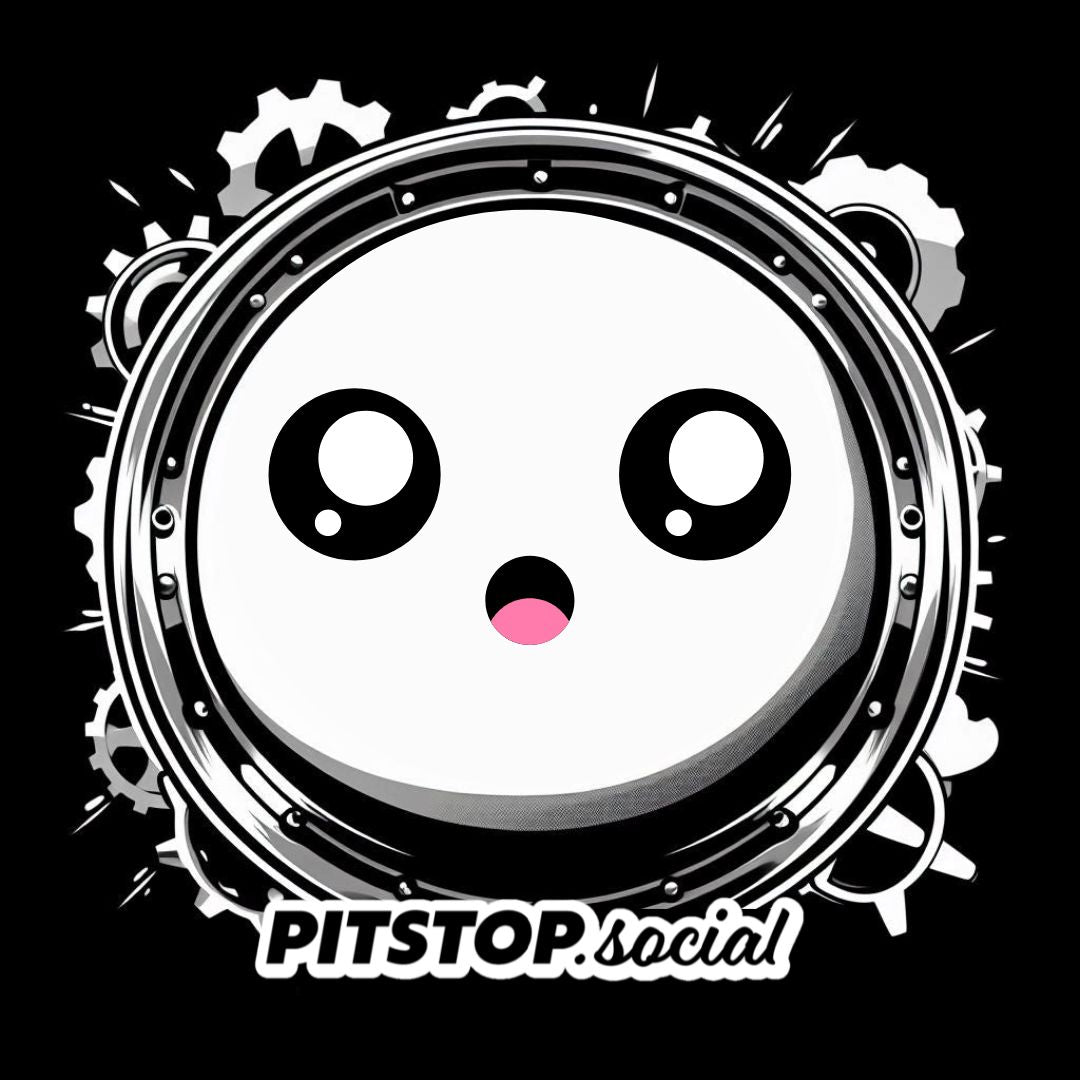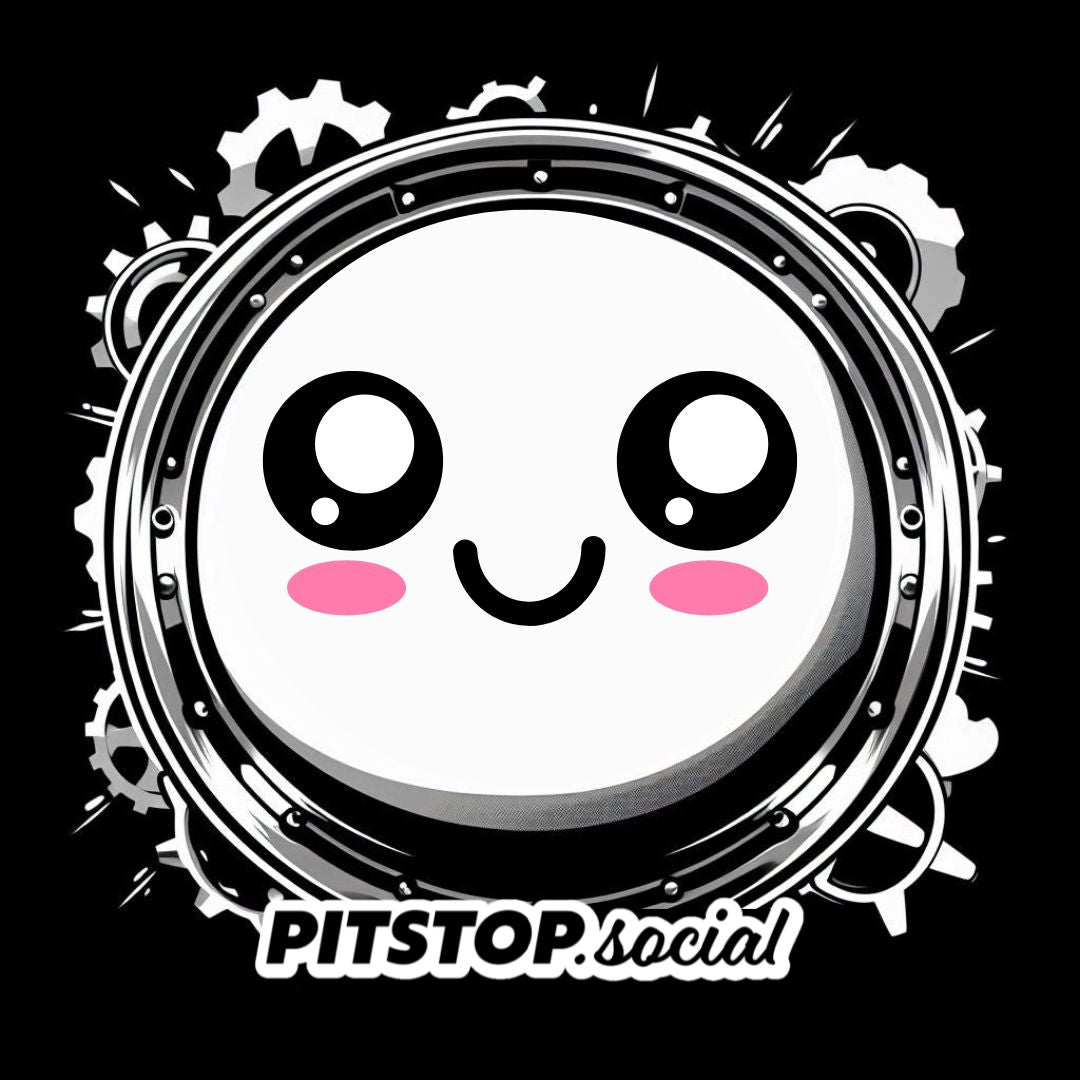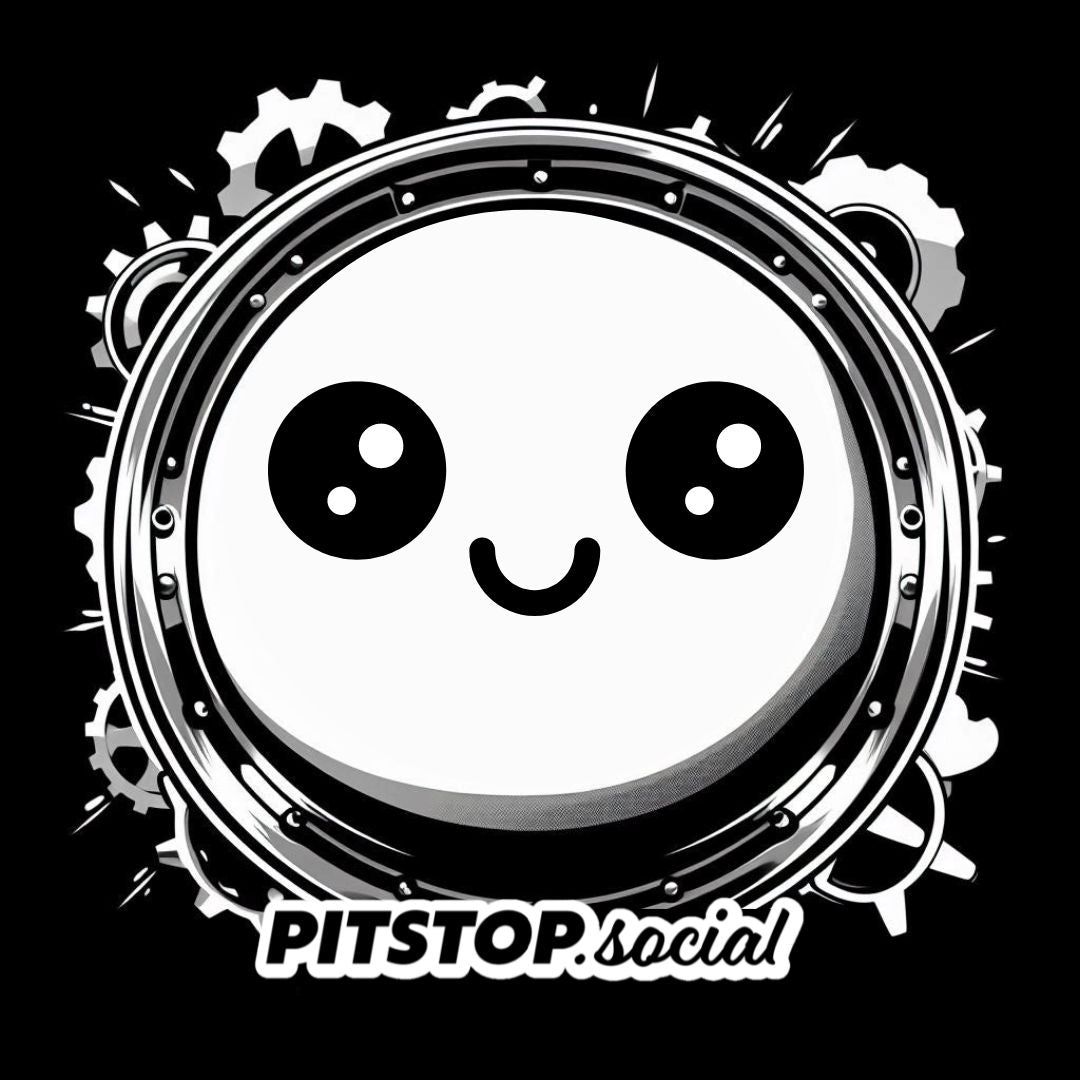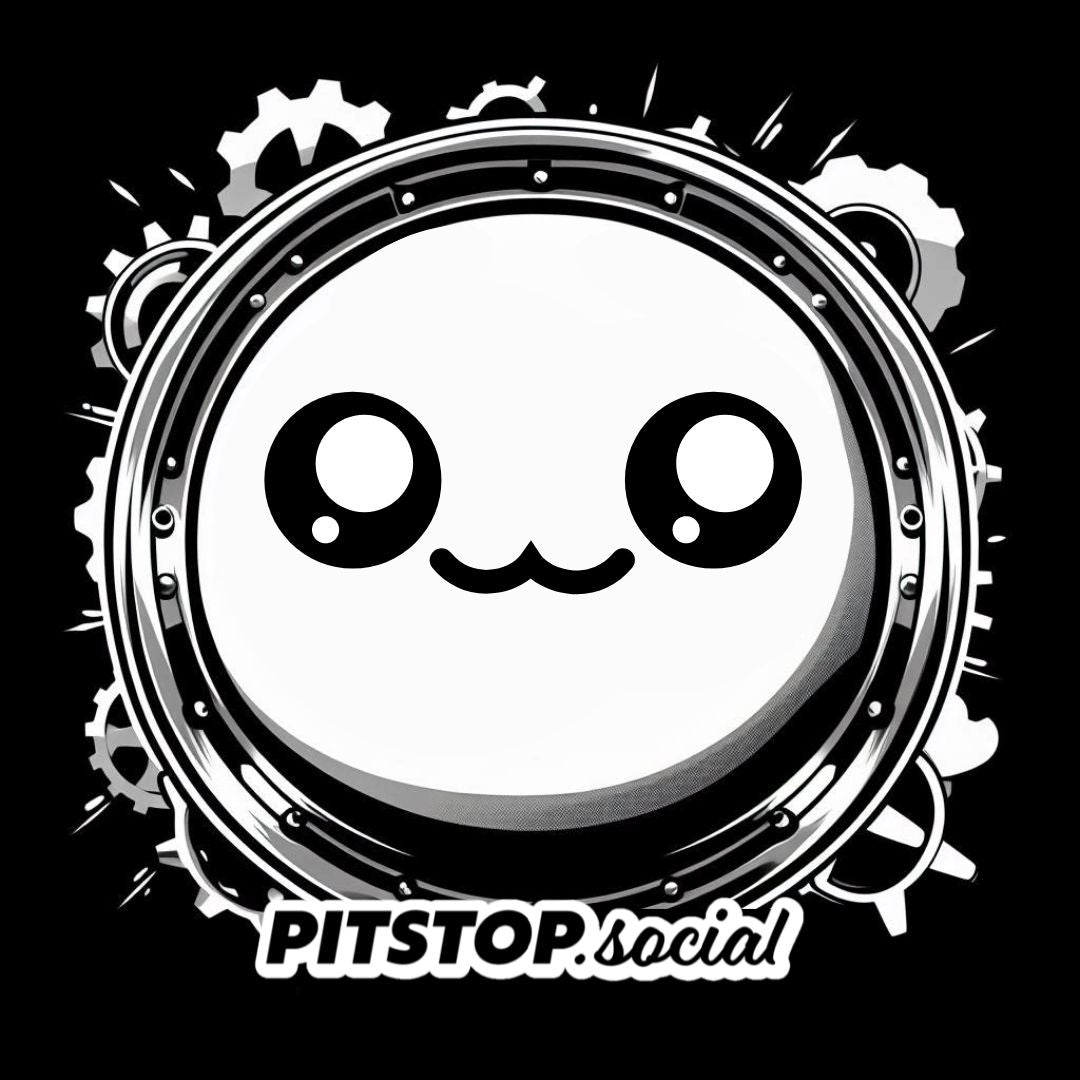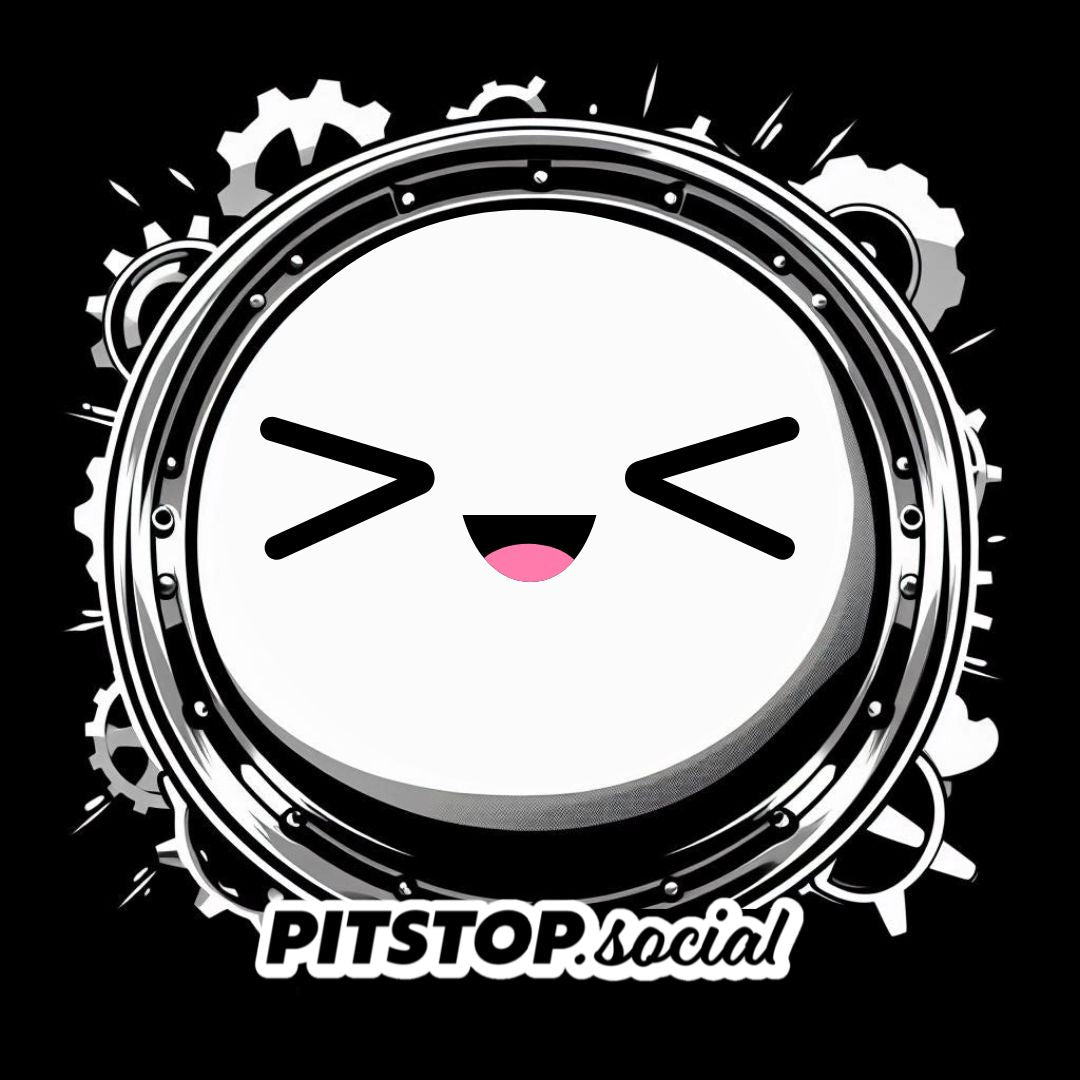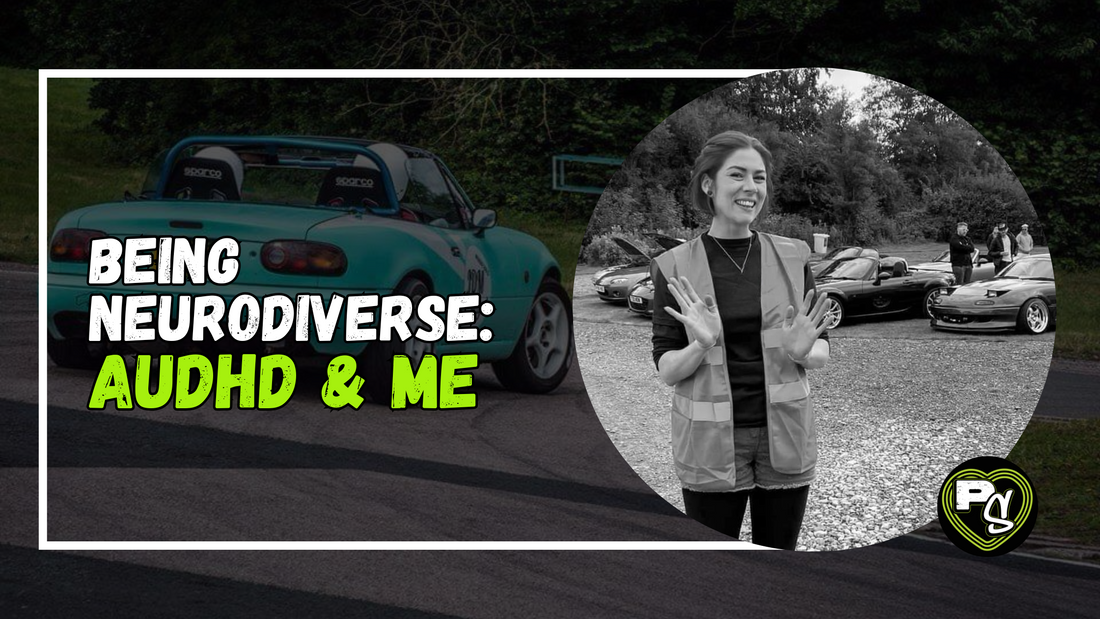
Share
Being Neurodiverse: AuDHD and Me
JDMClareNeurodiversity is a topic gaining a lot of traction lately, with more people sharing their experiences and shining a light on the unique ways our minds work. In the car community, where friendships thrive on shared passions and mutual respect, it’s important to understand how neurodiversity impacts the people around us.
I wanted to address my own neurodivergence, living with ADHD and autism (AuDHD), because it shapes how I connect with friends, navigate events, and interact in this space. By opening up, I hope to raise awareness about the challenges neurodivergent car enthusiasts face and how we can support each other better.
Read on for a deeper understanding and some first hand insight!
.
.
.
Understanding Neurodiversity
Neurodiversity is the idea that brain differences, like ADHD, autism, dyslexia, and others, are natural variations of human diversity, not deficits or disorders to be "fixed." Just as people have different physical traits, we also have diverse ways of thinking, learning, and processing the world around us. This concept challenges the one-size-fits-all standard for what’s "normal" and celebrates the strengths and perspectives neurodivergent people bring to society.
Why It’s Showing Up More
Increased Awareness
Conversations about mental health and neurodivergence are becoming more open, reducing the stigma that kept many silent. People are more likely to seek assessments or self-diagnose after resonating with shared experiences online or in media.
Improved Diagnostic Criteria
Advances in understanding conditions like ADHD and autism have made diagnosis more accurate. For instance, we now know that these conditions present differently in adults, women, and nonbinary people than they do in children or cisgender males, leading to diagnoses for people previously overlooked (well hi there!)
Changing Workplace and Social Norms
Traditional environments often prioritised rigid structures and conformity, where neurodivergent traits were dismissed as problematic. But today, workplaces and schools are recognising the benefits of flexible thinking, creative problem-solving, and unique perspectives.
Social Media and Communities
Platforms like TikTok, Instagram, and Reddit have created spaces for people to share their experiences. Seeing others talk about ADHD, autism, or other conditions can help people connect the dots and seek answers for themselves.
How ADHD Hinders Life
Executive Dysfunction
I’ll tell myself to tackle one thing - like doing the dishes - but my brain goes, ‘Wait, but first… clean the counter, organise the cupboard, and whilst you're here, put that washing on.’ Before I know it, an hour has passed, and the dishes are still waiting, because I’ve overcomplicated it. Things spiral, and it feels impossible to start.
Emotional Dysregulation
A small comment or minor setback can feel like a huge deal. I might get overwhelmed by feelings I can’t control and break-down or retreat entirely. Then I feel embarrassed about how big my reaction was. Some days, I'm not sure how I feel, and I have to 'regulate' myself into feeling good, or even just OK.
Forgetfulness
I’ll plan my day in my head, but I’ll forget to eat or miss an appointment because I got hyper-focused on something else. It’s frustrating because I genuinely want to be reliable, but ADHD makes consistency so hard.
Time Blindness
Deadlines sneak up on me, even when I think I have it all under control. I either underestimate how long something will take or overestimate and avoid it altogether because it feels too daunting.
When ADHD Meets Autism (AuDHD Challenges)
Sensory Overload vs. Hyperactivity
My ADHD wants stimulation, but my autistic side gets overwhelmed by too much noise, light, smells, or touch. I’ll find myself tapping my feet or fidgeting my hands to focus, but then every sound around me - like a ticking clock or the sound of the fan in the next room - feels unbearably loud.
Social Dynamics
ADHD makes me impulsively chatty, but autism makes it hard to read social cues. I might overshare or interrupt, and later replay the conversation in my head, over and over, worrying that I may have upset someone.
Routine vs. Novelty
I thrive on predictable routines (that’s the autism side), but ADHD constantly craves newness and novelty. This tug-of-war makes it hard to stick to habits or stay interested in tasks, even if I know they’re good for me. Don't even ask me about my "Classic Restoration Project"...
Task Switching
When I’m hyper-focused (autistic ‘deep dive’), getting interrupted feels like my world is collapsing and can sometimes be infuriating. But ADHD keeps pulling me toward distractions, so I’m forever juggling things that feel urgent, even when they’re not.
Everyday Conflicts and Disruption
Working on the Car
Working on the car feels like a full on war between my intentions and distractions. I’ll start something simple, like changing the oil, but halfway through, I’ll notice a messy tool drawer and decide to reorganise it. Before I know it, I’ve wandered off to clean the workbench or check my phone for torque specs I don’t even need yet. Meanwhile, the oil pan is still sitting under the car, untouched, and I've completely lost my flow.
Washing the Car
When it comes to cleaning the car, my neurodivergence turns a straight-forward task into an uphill battle. The autistic side of me craves a specific order - rinse the car, treat the wheels, wash from top to bottom, dry every inch methodically, glass, mirrors, polish, buff the lights, sort the interior... But my ADHD has other ideas. Halfway through washing, I’ll spot a scuff on the bumper, and suddenly I’m hyper-focused on buffing it out, forgetting the soap is drying on the soft-top, or the acid is eating into the wheels. If something disrupts my flow or I feel I haven’t done one part "perfectly," I get overwhelmed and want to give up entirely. It’s a constant tug-of-war between sticking to a plan and getting distracted by the smallest details, leaving the car half-finished and me feeling frustrated.
Living with neurodiversity, like ADHD or AuDHD, is a mix of strengths and struggles. While I might see the world differently, these challenges make even small things feel monumental. With understanding, patience, and tools, I try to manage, but it’s a daily learning process. If people can appreciate this perspective, it makes life a little easier for everyone involved.
Accommodating Neurodivergent Friends
Supporting neurodivergent people doesn’t require expertise - just empathy and flexibility. Here are a few practical ways to help:
Ask and Listen
"What works for you?" is one of the best questions you can ask. Neurodivergent needs vary; some prefer direct communication, while others might need extra time to process things.
Be Patient with Communication
ADHD may cause someone to overshare or forget details, while autism might make small talk feel exhausting or lead to more direct or literal responses. Don’t take it personally - ask for clarity if needed, and give them space to be themselves.
Respect Their Energy Levels
Socialising or completing tasks might take a lot out of them. If your friend cancels plans or needs a break, understand it’s not about you; they might just need to recharge.
Provide Structure and Flexibility
If planning something together, offer clear details: "We’ll meet at 3PM at this café, and it’ll be quiet." But also be flexible if they need adjustments.
Reduce Sensory Triggers
Many neurodivergent people are sensitive to loud noises, bright lights, smells or certain textures. Offering quieter environments or alternatives shows thoughtfulness.
Celebrate Their Strengths
Whether it's hyper-focus, creativity, analytical skills, or out-of-the-box thinking, appreciate the unique contributions they bring.
Use Tools and Reminders
Help with organisation or reminders if they’re comfortable. For example, sending a quick text to confirm plans or breaking tasks into smaller steps can be immensely helpful.
What Neurodiversity Brings to Society
Neurodivergent people contribute in ways that are increasingly recognised and celebrated. For example:
Innovation: Many brilliant thinkers - scientists, artists, entrepreneurs -were likely neurodivergent. Their unique approaches to problems led to breakthroughs.
Creativity: The ADHD tendency to think tangentially or the autistic ability to focus deeply often sparks incredible ideas.
Empathy: Experiencing the world differently fosters deep compassion and a drive to advocate for others.
By accommodating neurodiversity, society benefits from a wider range of ideas, solutions, and perspectives. Inclusivity allows everyone to thrive, unlocking potential that might otherwise be lost.
Supporting neurodivergent friends, colleagues, or the people closest to you is about creating a world where they don’t just survive but thrive - showing us all what’s possible when differences are embraced.
Thank you for reading 💚




